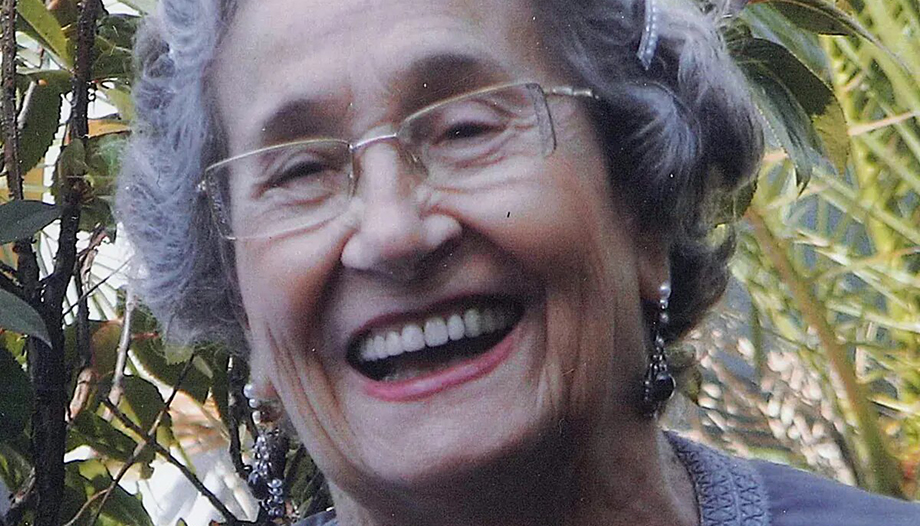María Josefa Molera Mayo (January 23, 1921 - September 3, 2011) was an eminent Spanish scientist specialized in chemical kinetics and gas chromatography analytical techniques, whose work had a significant impact on the current structure of scientific research in Spain.
Born in the Navarrese town of Isaba, Molera Mayo experienced a childhood marked by the events of the Spanish Civil War (her father died on the battlefield).
He was educated at the Central University of Madrid (today Complutense University) where he excelled in Chemical Sciences, graduating with honors in only three years.
Later, not without difficulties due to her condition as a woman, she managed to obtain her doctorate at the Institute of Physical Chemistry "Rocasolano" of the CSIC under the direction of Professor Ríus Miró.
The thesis focused on the applications of mercury vein electrode as a substitute for mercury droplets, which earned him an extraordinary award for his research.
His scientific career was not limited to Spain. He received the "Ramsay Memorial Fellowship Trust", which allowed him to work at the "Physichal Chemistry Laboratory" of the University of Oxford and at the Department of Chemistry-Physics of the University of Sheffield.
He was noted for his contribution to the development of the gas chromatograph in Spain and for his pioneering work in the characterization of wine together with scientists Mª Dolores Cabezudo and Marta Herráiz.
In collaboration with the chemist J. A. Domínguez and the mathematician J. Fernández Biarge, he developed methods for the analysis of chemical reactions by gas-liquid chromatography, using a combination of up to four chromatographic columns.
His equipment was recognized by gas chromatograph manufacturers, earning him the prestigious Peking-Elmer Hispania Award in 1967.
She also received the Alfonso X el Sabio Award from the CSIC and the Chemistry Medal from the Royal Spanish Physical Society.
Public University of Navarra.
Society of Catholic Scientists of Spain







